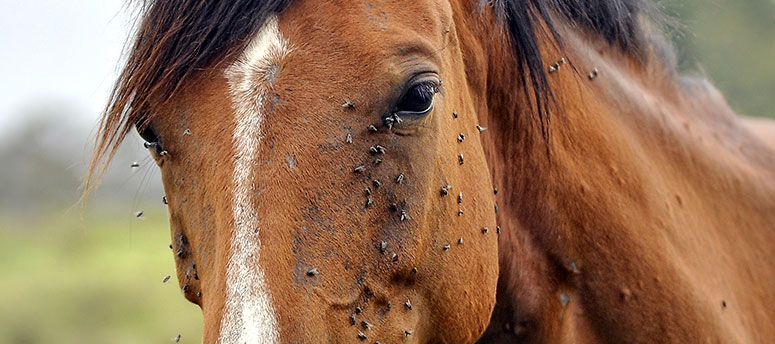
Agricultural News
State Veterinarian Dr. Rod Hall Warns Oklahoma Livestock Owners To be On The Alert For Vesicular Stomatitis Virus (VSV)
Tue, 21 Jul 2020 16:32:07 CDT
 State Veterinarian Dr. Rod Hall wants livestock owners to be on the on the lookout for Vesicular Stomatitis Virus (VSV) in their animals as the disease continues to spread in Oklahoma. Dr. Hall talked with Radio Oklahoma Ag Network Farm Director Ron Hays about the virus and how to prevent it's spread.
State Veterinarian Dr. Rod Hall wants livestock owners to be on the on the lookout for Vesicular Stomatitis Virus (VSV) in their animals as the disease continues to spread in Oklahoma. Dr. Hall talked with Radio Oklahoma Ag Network Farm Director Ron Hays about the virus and how to prevent it's spread.
We currently have four confirmed case in Washington, Osage, Craig and Ottawa Counties, Hall said.
He added they are waiting results on 7 more samples and suspects several of those will be positive.
This is the first time in my 13 years at ODAFF that we've had more than one case in a year, Hall said.
He said it could have migrated from southeast Kansas, but the origins may actually extend to Colorado.
There is so much we don't know about this virus, as it is so strange it pops up from year to year in various places, Hall said.
He noted the USDA veterinarian who has studied VSV extensively and is the epidemiologist in charge of equine programs, believes the flys and nats s that carry this disease could have traveled via the Arkansas River out of Colorado into
Kansas and eventually Oklahoma as the water warmed.
The good thing about VSV is it does not typically cause death loss, but it does cause mouth lesions that would cause the animal to go off feed for a while.
The main concern is it has the same symptoms as foot and mouth disease, Hall said.
We have to take these cases of VSV very seriously, he said.
Hall said he is working closely with neighboring state veterinarians as many of the state's regulations are similar.
Intrastate restrictions are in place to prevent movement of animals from the counties with confirmed cases.
Hall said animal owners can take several steps to control the virus.
Fly control is very important as biting flies, nats and perhaps mosquitoes spread the disease, Hall said.
He advises not to share feed buckets, bits, halters, etc., among animals because this virus can survive on inanimate objects for a short time.
To learn more about the disease, click here.
You can read the latest USDA report on VSV by clicking here.
To listen to more of Ron's interview with state veterinarian Rod Hall, click on the listen bar below.
WebReadyTM Powered by WireReady® NSI
Top Agricultural News
More Headlines...




